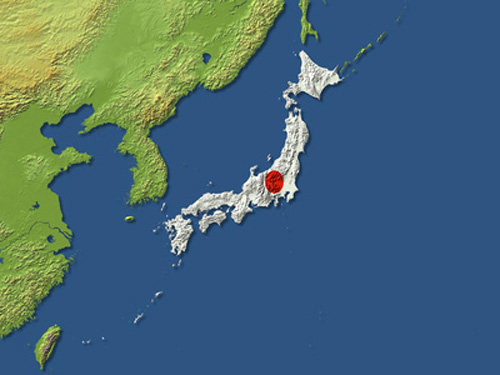Canadian firm now has perifosine development partners on board for the U.S., Japanese, and Korean markets.
Yakult Honsha is paying Aeterna Zentaris $8.3 million up front for exclusive Japanese rights to the latter’s late-stage anticancer candidate perifosine. The oral PI3K/Akt inhibitor is currently undergoing Phase III studies in the U.S. and Europe for the treatment of colorectal cancer and multiple myeloma.
Under terms of the deal Yakult will shoulder the responsibility for developing and commercializing perifosine in Japan, and could pay Aeterna up to about $61 million in additional development and regulatory milestones, plus double-digit royalties on future sales of the drug in its licensed territory.
“We have now out-licensed perifosine rights to Keryx Biopharmaceuticals for North America, to Handok for Korea, and to Yakult Honsha for Japan, while Aeterna Zentaris retains all rights for the rest of the world,” notes Juergen Engel, Ph.D., Aeterna’s president and CEO. “In order to ensure a worldwide timely development of perifosine, Aeterna Zentaris and all its partners have agreed to free access to all data.”
Perifosine is being evaluated in combination with chemotherapy for a range of cancers and is undergoing earlier-stage clinical studies as monotherapy or in combination with radiotherapy for a range of cancers. U.S. Phase III combination studies for the refractory advanced colorectal cancer and multiple myeloma indications are being carried out under Special Protocol Assessment agreements with FDA, and development for these two indications has been granted Fast Track designation. Perifosine in addition has orphan drug status in the U.S. for the treatment multiple myeloma and neuroblastoma, and for multiple myeloma in the EU.


